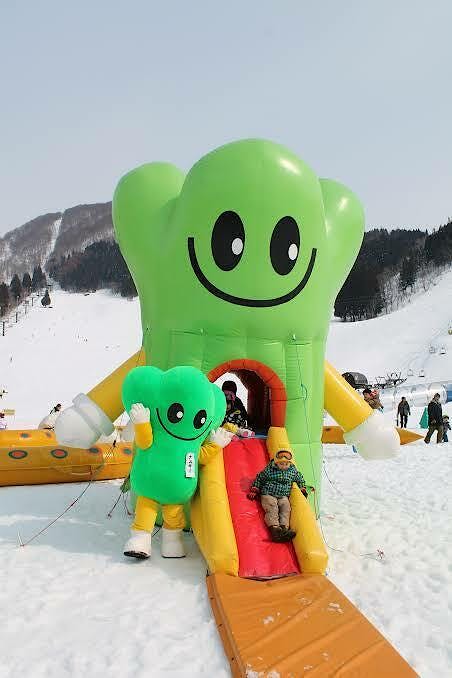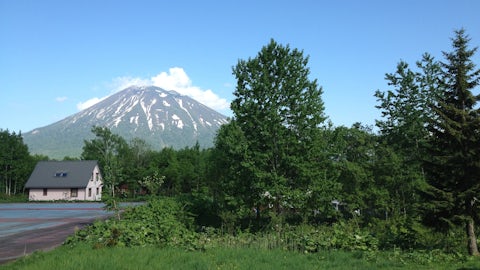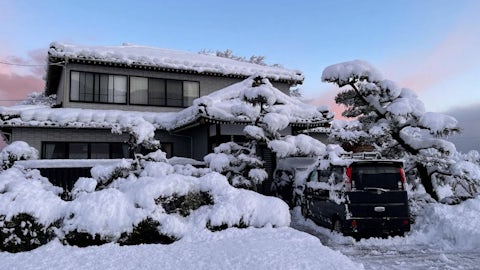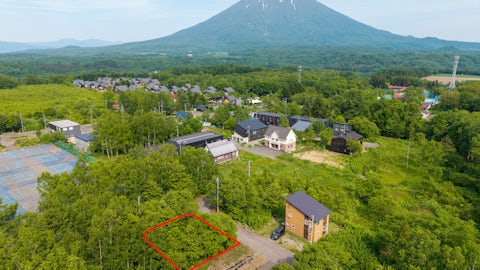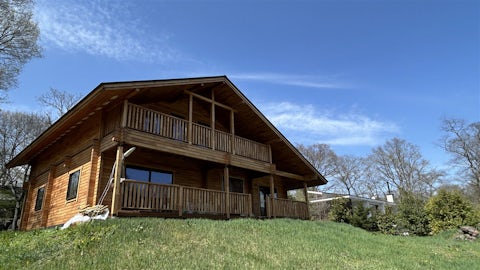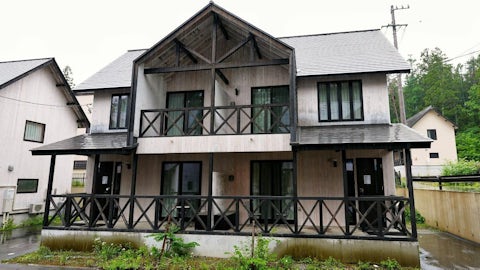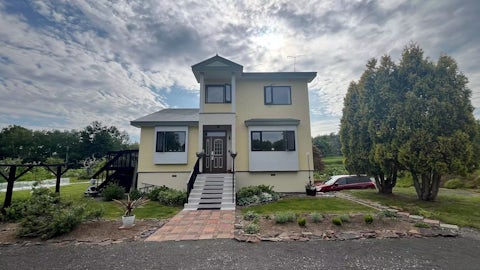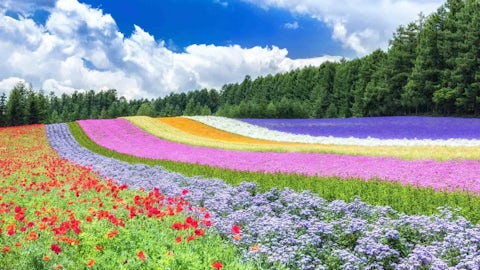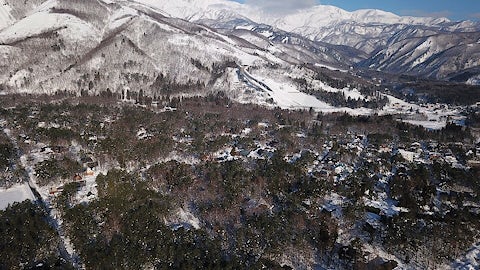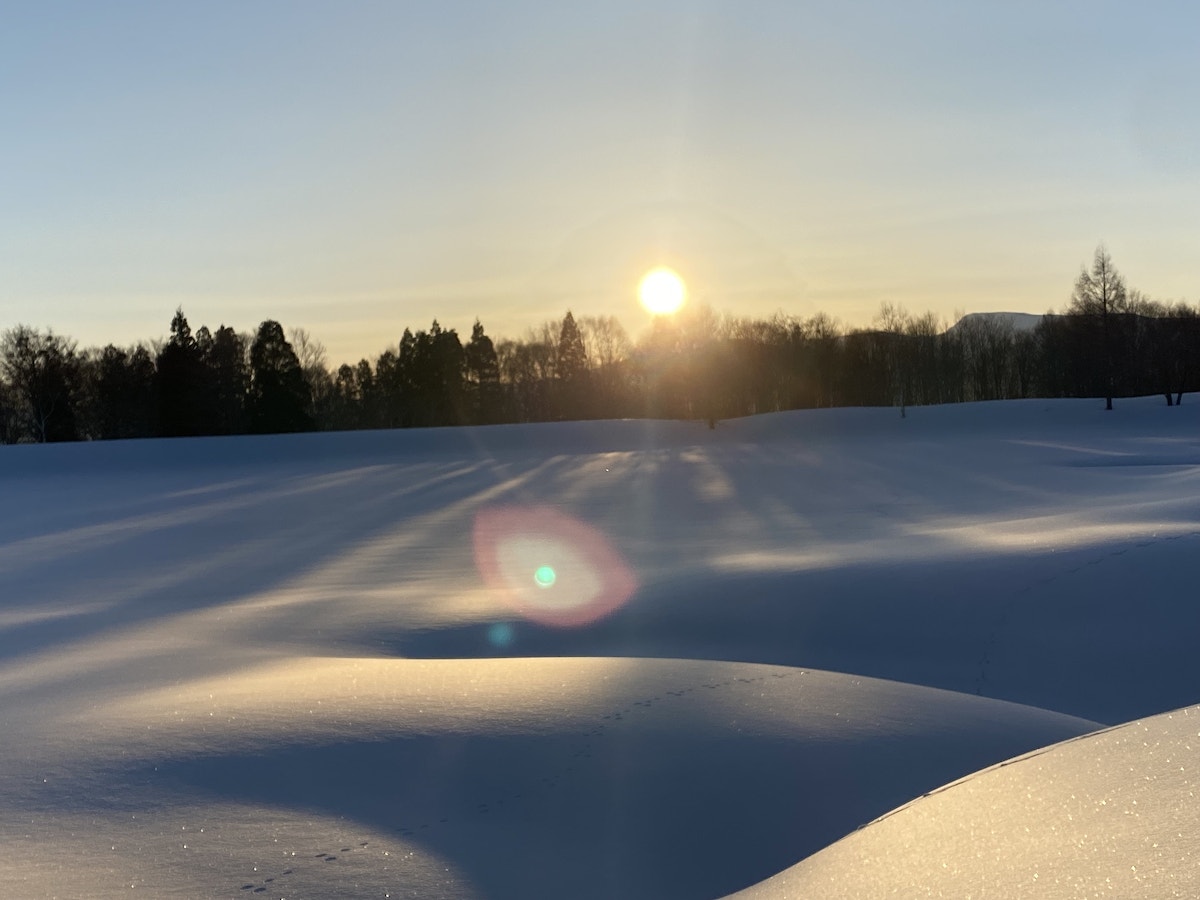
Nozawa Hospitality are the brains and brawn behind the exciting Kawamotoya redevelopment in Nozawa Onsen. Aside from that they are one of oldest hospitality companies in this amazing resort and we had the chance to chat with Peter Douglas, Representative Director and President, about how he sees all things Nozawa Onsen and more!
About You
What is your background and experience in the real estate market in Japan?
I was working with an investment group that decided to invest in some hospitality assets in Nozawa Onsen. We thought we’d buy some property, have someone manage them, and collect the income. Except it didn’t quite work like that! My job originally, therefore, was to fix the business; I had no experience in either hospitality or real estate… I must be getting close to my 10,000 hours but most days I still trip over something to surprise me.
What’s your ‘story’?
British, worked in Tokyo in the 80’s, then Singapore for many years. Always in the financial services industry (until now!). I now live in Nozawa Onsen with my wife (all my kids are now off my P&L, yay for me!)
What do you love about your job in real estate… and what do you find hard?
The product is very tangible; what was an idea and some pencil scribbles a couple of years ago becomes a real living and working space today. You are creating environments that facilitate and shape peoples' experience and lifestyles.That’s very satisfying!
On the other hand, I find the real estate world’s approach to information, frustrating. You can’t get financial services people to stop talking, and part of that game is the continual and intense exchange of ideas and information: that’s how you generate trust. Conversely property folks seem to hate swapping information, so can be very hard to “read” property pros and get to a mutual comfort zone.
What has been your favourite selling experience or greatest project to work on?
I guess the best project is always the last one you did! And that would be Kawamotoya; we took a 1980s era 25-room ryokan in the oldest neighbourhood in the village, and converted it to 8 modern deluxe apartments. It was hugely complex and took years off my life, but is beautiful and folks love staying there.
I can’t sell to save my life, but the best buying experience was a Kawamotoya buyer who’d not been to Nozawa Onsen or seen the property, but bought – remotely - on the basis of our enthusiasm and passion on a video tour. They were wowed when they finally saw the property and are a joy to have on site.
What’s the hardest part about your job? And what is the easiest?
The hardest part? Any accommodation building is just a pile of concrete unless it’s well managed, and hotel operations are complex and detailed; despite every attempt to keep my distance from our operations, they still take up far too much of my headspace.
The easy part? Going to work. We live in a beautiful village with great neighbours, so however iffy my day at the office, the wider environment is always wonderful.

Your Market
Where is the main area of your real estate listings?
Anywhere. I want owners who understand why they want to be in our village (not just “investors in real estate”), but after that, the more diverse the better.
What do you personally love most about your market?
This is a unique village with millennia (literally – there are traces of Neanderthal occupation) of history, a strong and sustainable culture, and families with generations of ancestors behind them. It is a real place and it is my home.
What makes Nozawa Onsen attractive to investors right now?
While Nozawa Onsen has been a domestic tourism destination for 250 years, it’s begun to build a strong and loyal following amongst international guests and that brings demand from folks that want to own their little piece of paradise. The real estate market here isn’t really a market – it’s very opaque – so there is lots of demand but it’s very hard to find supply. And physically, the village is sandwiched between the mountain, and rice fields, neither of which are developable; it’s a real estate pressure cooker. We think it’s inevitable this will be a very expensive market one day.
What is the most exciting thing coming to your market in the near future?
Still at the “pencil-on-scrap-of-paper”, or at least “early-version-number-plans” stage. Watch this space.
Where do the opportunities lie in your market?
Nearly everything (individual houses, lodges, small hotels) is 30-40 years’ old and needs major renovation. Operating an old property as-is won’t make much money. There is virtually nothing off-the-shelf to international standard. Property regulations mean that rebuilding (as opposed to renovating) may not be an option. So in short, the opportunity is almost always to buy an old place and do a major renovation.
Maezaka, the lower end of the village, offers a bit more space and flexibility and is already popular with Japanese families building holiday villas. Mid-way up the mountain is an area zoned for low-density housing; it offers an extraordinary lifestyle right within the ski resort, but isn’t part of the village itself.
Iiyama, the local town where the Shinkansen stops (1 hour 50 minutes to Tokyo), is very live-able, accesses half a dozen mountain resorts easily, and is still fairly affordable.
What sort of returns can investors expect in your market?
A well-renovated and well-managed accommodation property should gross high teens to low twenty percent returns to the operator. A private holiday home that’s let as a side business will pay its running costs. Buyers of real estate in the village 10 years` ago have likely multiplied the value of their investment already however there have been few exits and hence little hard data.
Post Pandemic
How has the market held up through the pandemic – did you see any changes in price or transaction volume?
The “market” went red-hot crazy, as many temporary winter visitors decided to stay put for a year or two… and work on buying their dream property. Transaction volume was intense by local standards and prices went from cheap, often crazy-cheap, to much more rational levels, within a couple of years.
How have the first 6 months been since the borders reopened to international visitors?
A lot of visitors, of course, and therefore renewed interest in buying.
Trends:
- More well-off Japanese (who like the onsens and mountain village feel that’s always been here, but can now get good coffee, an ensuite bathroom, and choose a restaurant); lots of Tokyo and Osaka SUVs at the weekends!
- More inbound visitors renting cars rather than relying on Shinkansen
- More inbound visitors doing multi-location trips, either of several ski resorts, or of city/culture/ski mixes
- At the margin, more Asian guests outside the core demographic of Singapore/HK/Taiwan (Thai, Malaysia, Indonesia, Philippines).
- A new sprinkling of long-haul guests from North America and Europe (this I suspect will grow very strongly)
- More older folks and families; everyone talks about Japow but the majority of guests would prefer a lovely groomer on a sunny day
- Snowshoeing growing rapidly; generally “winter holiday but no skiing”– café-hopping, gourmet tours, onsen/massage/yoga, etc.
- And the big one…. Green season! This is motoring and the village has about as many guests in green season as winter season… not only is this great for the general aliveness of the village, the revenue also goes straight to the bottom line!
Do you think the needs and wants of your clients have changed or is it back to normal?
I’m not sure what the needs were pre-pandemic, but we see demand for pretty much everything. Most buyers are looking for something of reasonable size to accommodate not just the buyer, but friends and family as well. Unusually for a ski area, the better a client knows the village the more likely they are to want to be central, rather than ski-in ski-out; first-time visitors want to be close to the ski area, but then realise that Nozawa Onsen’s differentiation is its village life and prefer to be in the middle of that.
Your Tips For Investors
What is your top piece of advice to any foreigner investing in Japanese real estate?
Generally (outside Nozawa Onsen!) it’s transparent with a network of agents, and a transaction process that is clean and standardised (as are transaction costs). Obviously Japanese language ability will unearth much more opportunity. So… no particular tips, you’ll work it out.
One point, however: Japanese value land (financially and emotionally) more highly than buildings and that can provide some interesting arbitrage opportunities.
If you’re looking for resort property (I guess you are if you’re on Uchi!), be aware of the seasonality of the area you’re looking at. Not only does the length of the season make an obvious difference to the possible rental/accommodation revenue, but leaving a property empty for long swathes of the year is an invitation to maintenance troubles and hence you’ll need to ask more of your property manager.
What should people look for when they consider investing in your market?
Calculate the project cost (acquisition plus renovation) not just the purchase price. Make sure you know who will manage and, if needed, operate the property – there must be someone local as the “face” of the property. Be prepared to move fast on less than perfect information; if it looks like an interesting proposition to you it will look like an interesting proposition to a lot of other people too. Network network network… the market is still mostly word-of-mouth, and a vendor or introducer needs to be comfortable with you first.
Do you have any properties available now that are particularly unique or exciting?
We have the Kawamotoya Penthouse, utterly unique with 4 bedrooms over 200m sqm, 360 degree views, with gorgeous finishes. There’s only one – and it’ll be beyond amazing for the one buyer who lands it.
Any other tips or comments for people visiting UchiJapan.com?
It’s a great resource and will give you a really good feel for what’s out there, and the infinite matrix of location, quality, size, etc available. Play around inside it and it’ll be your best teacher.








